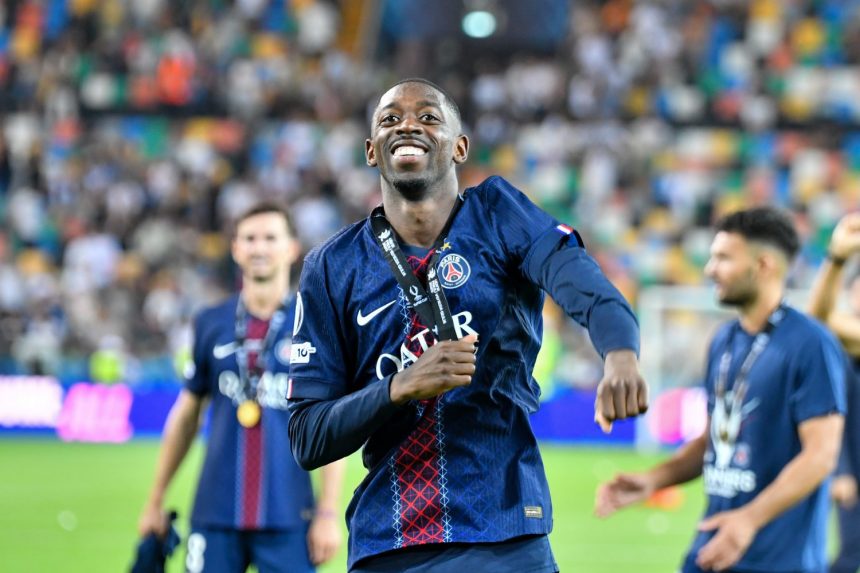Ousmane Dembélé, 28, the Paris Saint-Germain striker, spoke to GQ France about his new status. Having returned to Ligue 1 to join “the biggest club,” he explains how the PSG management asked him to take on a leadership role after a season marked by his assertiveness in the locker room.
Dembélé: “It’s true that it’s a bit calmer than in Spain. Just a little.”
“Less criticism in France? It’s true that it’s a bit calmer than in Spain. Just a little. Coming back to France was mainly about choosing to join the biggest club. I knew the league, I knew how things worked here, and it also felt good to come back to Paris because my family and friends weren’t far away anymore.”
Dembélé: “It was time to assert myself.”
At twenty-eight, you have to lead by example. At the start of the season, I spoke with the president, the sporting director, and the staff, and they told me I needed to be a leader in the locker room. That’s what I tried to do all last season. It was time to assert myself.”
Dembélé didn’t mince words: at 28, he knows the time for promises is over. His return to France wasn’t just a choice of comfort or family stability; it was time to establish a real presence in the Paris Saint-Germain locker room. The words he recounts—those of the president, the sporting director, and the staff—show that the club expected much more from him than an unpredictable player on the pitch: he had to become a voice, a point of reference, a leader.
Last season served as a testing ground for this transformation. Less in the spotlight than in Spain, but never out of the public eye, Dembélé had to learn to channel his experience, to share his knowledge, to guide. It is this often silent transition that separates a talented individual from a team aiming for the top.


